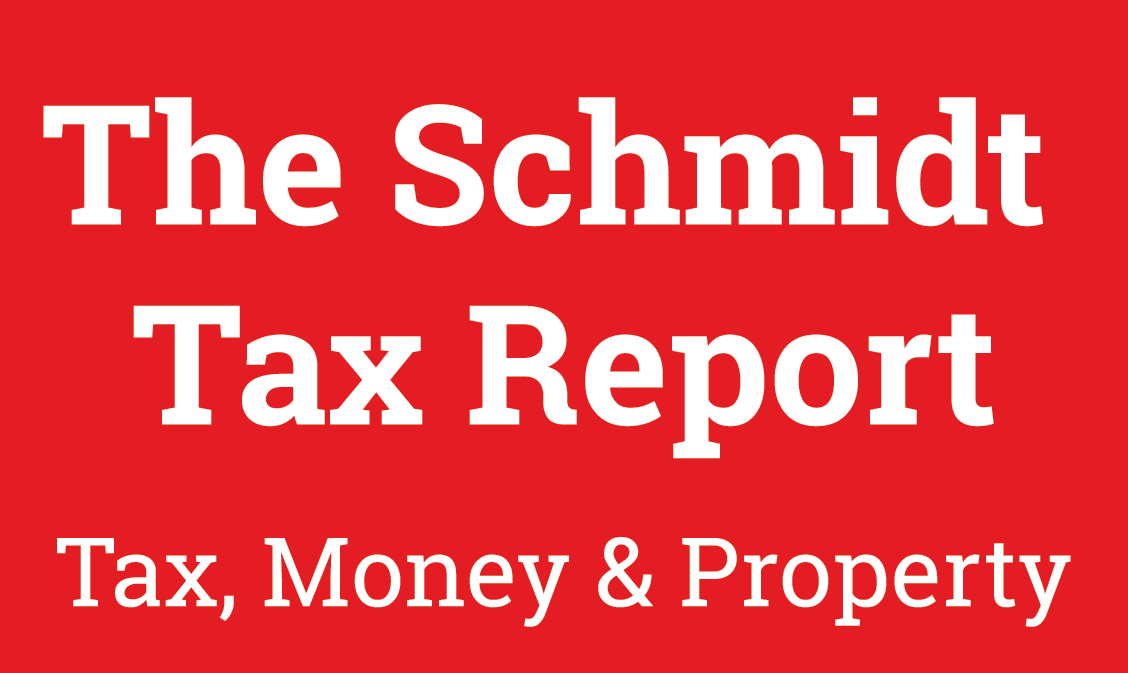Huge profits of 100%, 200%, 300% or more in a matter of days. Minimal capital investment. No tax to pay on gains. The benefits of spread betting are trumpeted far and wide by the companies offering to take your money. What they play down, of course, is the risk. And yet, if you approach this opportunity as a gamble and not as an investment, it may have a useful (if limited) role to play in your finances.
Spread betting was originally invented as a way of gambling on the outcome of sports events, but in the 1980s a number of financial service companies began to use it as a way of making money from market movements.
It allows you to bet on the rise or fall of an asset without actually owning it. You can get exposure to a market instantly with a relatively small sum of money when compared to, say, buying the actual asset. What’s more there is no commission to fork out, no stamp duty on dealing and no tax to pay on the winnings.
If you feel that the London property market is about to collapse. Or that gold is going to double in price. Or that oil is going to recover… but you get the idea. The point is you can gamble on everything from shares to commodities and from bonds to property. Crucially you don’t actually have to buy the underlying asset you want to trade. All you do is take a view on the prices offered by the spread betting provider as to whether the price will rise or fall.
How it works
A spread betting firm will predict where an individual share or market will stand at a future date or period. They won’t name a specific price but rather an upper and lower range. This range is referred to as ‘the spread’. You can then bet on the spread in one of two different ways: if you expect the share or market to be above the spread, you can buy at the high end; if you expect the share or market to be below the spread, you can opt for the low end.
This is best explained with an example. Suppose a spread betting firm is quoting a spread of $112 to $122 a barrel for crude oil during July 2017. If you feel that this is a bit pessimistic (ha ha), you may decide to bet at the high end, staking £100 for every dollar it goes above $122. At any time before the end of July, you can close your bet and take your gain or settle your losses. Let’s say you are right and the index climbs $5 to $127 a barrel, at which point you close the bet. You will collect £500 (£100 for each $1 over the $122). Let’s say, on the other hand, you are wrong and the market falls $5 below the top end of the spread to $117 ($122 less $5). Your error of judgement is going to cost you £500.
Unlike fixed odds betting, the amount won or lost can be unlimited as there is no single stake to limit any loss. However it is usually possible to negotiate limits with the bookmaker. A stop loss will automatically close the bet if the spread moves against the gambler by a specified amount. A stop win will close the bet when the spread moves in the gambler’s favour by a specified amount. Spread betting has moved outside the ambit of sport and financial markets (that is those dealing solely with shares and futures) to cover a wide range of other markets, such as house prices. In a falling stock market, financial spread betting can also be used by investors as a means of hedging against predicted losses in a portfolio of shares.
Understanding the jargon
Going long. Going long means betting that the price of an asset (for example a share or some other commodity) will rise.
Going short. Going short means betting that the price of an asset (for example a share or some other commodity) will fall.
Points. The size of the point will vary according to the asset that you are betting on. With shares, for example, each point might equal a penny. For property, it might refer to a market indices. Spread bets are always settled up in points.
Margin and margin calls. When you place a bet you will be asked to put down a deposit. The deposit is referred to as the margin. A typical margin is about 10%. If it looks like your losses will exceed the deposit/margin you have made the betting company will ask you to put up more money. This is referred to as ‘a margin call’. If you don’t meet margin calls then the broker is likely to close out your position.
Controlled risk bet. If you are risk adverse then you should always look for a ‘controlled risk bet’ or ‘guaranteed stop loss order’. Both these allow you to limit your risk because the broker commits to closing your position at the specified price. You will pay extra for this – it is reflected in a bigger spread. However, it is a price well worth paying for peace of mind, particularly in the commodity markets.
Maturity date. You can choose to close your bet at any time before it expires. The expiration date is referred to as the ‘maturity date’.
Rollover. If a bet hasn’t worked out as you had hoped many brokers will offer you an opportunity to ‘rollover’ to a later date. There is normally a charge for this.
The spread. This refers to the gap between the bid and the offer price.
How to double your money
As the old investment adage goes, the only way to double your money safely is to fold it and put it in your pocket. You should never bet more than you can afford to lose. However, if you are drawn to the idea of spread betting then my advice would be to hunt down the less popular bets. True, less liquid bets will result in wider spreads, but equally your odds of banking a decent win are that much better. Finally, never bet for the sake of it. Wait until something you feel really strongly about comes along.

